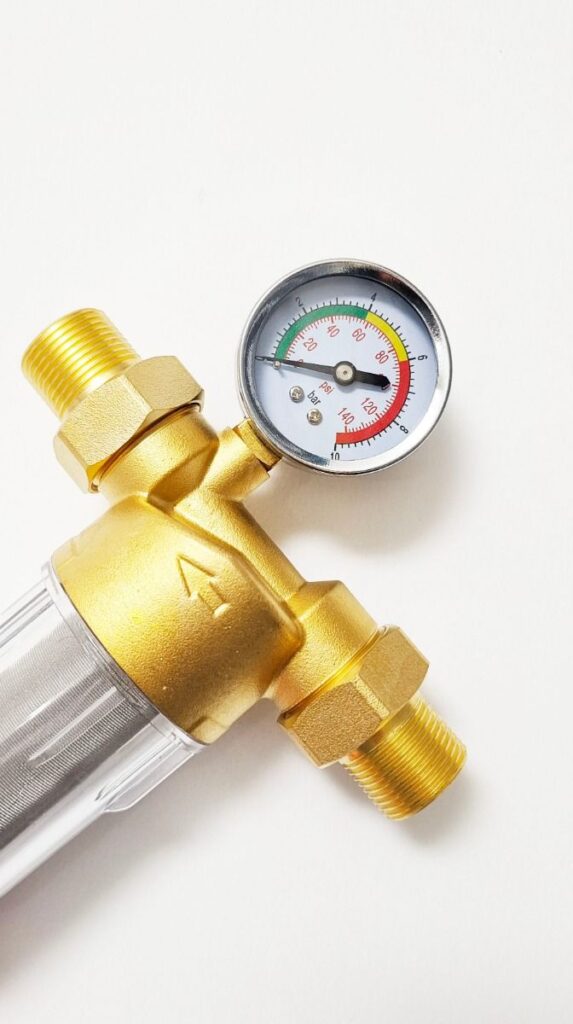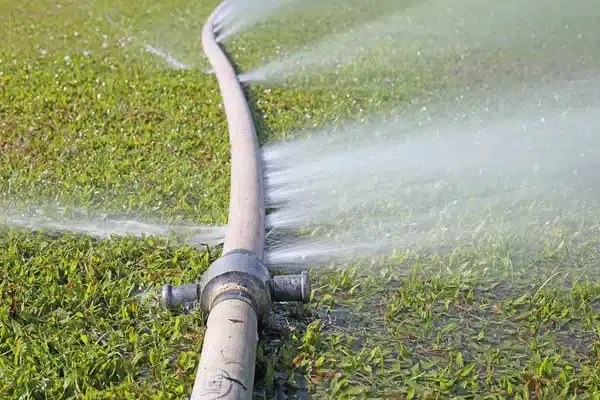For many homeowners, a water heater is an out-of-sight, out-of-mind appliance until it stops working. The moment you find yourself without hot water, the temptation to replace the entire unit can be strong. After all, new equipment might seem like the simplest, most reliable solution. But in many cases, repairing a water heater can be far more cost-effective and just as beneficial, provided the issue isn’t too severe.
Understanding when repairs make sense and the advantages they bring can help you save money, extend your appliance’s life, and avoid unnecessary waste.
Addressing Common Issues Before Resorting to Replacement
When a water heater shows signs of trouble, like inconsistent water temperature, strange noises, or minor leaks, it doesn’t necessarily mean it’s at the end of its lifespan. Many of these problems stem from issues that can be fixed without replacing the unit entirely.
Sediment buildup, faulty heating elements, or worn-out valves are common culprits, and all can typically be repaired at a fraction of the cost of a new system. In fact, a broken water heater often only needs one or two specific components replaced. A professional inspection can quickly determine whether a repair is possible and economically sensible. This step alone can save you from spending hundreds or even thousands of dollars unnecessarily.

Cost Savings That Add Up
Replacing a water heater involves both the purchase of the unit and the labour for installation. Even mid-range models can cost a significant amount, and higher-efficiency units can easily push the price upward. By opting for repairs, you avoid the high upfront cost and can allocate your budget toward preventive maintenance that keeps the unit running well for years to come.
For households on a tight budget, this approach provides financial breathing room while still restoring reliable hot water. Repairs can be beneficial if your water heater is less than halfway through its expected lifespan, which for many models is between eight and twelve years.
Extending the Lifespan of Your Water Heater
A well-maintained water heater doesn’t just perform better, it lasts longer. Timely repairs can help extend your unit’s operational life by several years, delaying the need for a costly replacement. Components like thermostats, heating elements, and anode rods can be swapped out relatively easily, breathing new life into the appliance.
By repairing rather than replacing, you’re allowing the existing system to continue serving your home while you plan and budget for an eventual upgrade when it’s truly necessary.

Reducing Environmental Impact
Discarding a functional or partially functional water heater contributes to landfill waste and requires energy and resources to manufacture and transport a replacement. Repairing your existing unit reduces this environmental burden.
Many parts can be replaced or refurbished without having to scrap the entire system, which supports a more sustainable approach to home maintenance. Choosing repairs when feasible can significantly lower the environmental footprint of household appliances.
Maintaining Consistency in Water Quality and Supply
Replacing a water heater may lead to unexpected changes in water quality or supply if the new unit operates differently or has a different capacity. A repaired unit, on the other hand, continues to deliver the same performance you’re accustomed to, assuming it’s in otherwise good condition.
This can be particularly important in households with specific water temperature needs, such as for young children, elderly residents, or sensitive skin conditions.

Avoiding Installation Complications
Installing a new water heater can sometimes involve more than a simple swap. Depending on local building codes and the condition of your existing plumbing or venting system, a new installation might require additional upgrades, such as new piping, venting modifications, or even electrical work. These extra steps can increase both the cost and complexity of the project.
Repairing your current unit bypasses many of these potential headaches, allowing you to restore hot water service quickly without the added disruption of extensive installation work.
Taking Advantage of Warranties and Service Plans
Many water heaters come with warranties that cover parts for several years. If your unit is still under warranty, the cost of repairs could be partially or fully covered, making this option even more attractive. Some homeowners purchase service plans that include periodic maintenance and discounted repairs, which further reduce expenses.
Checking your warranty or service agreement before making a replacement decision can reveal valuable opportunities to save money and keep your existing unit running efficiently.

Supporting Local Technicians and Service Providers
Choosing repairs over replacement often means working with a local plumbing or appliance repair professional. This supports local businesses and gives you access to personalised service and ongoing maintenance advice.
A trusted technician who knows your system can provide targeted recommendations, help you schedule preventive maintenance, and alert you to future issues before they become emergencies.
Planning for a Replacement on Your Own Timeline
One of the most significant benefits of repairing a water heater is the ability to plan for a replacement when it makes the most sense for you, financially, logistically, and seasonally. Emergency replacements often occur at inconvenient times, leading to rushed decisions and higher costs.
By repairing and monitoring your existing system, you gain the flexibility to research new models, compare prices, and schedule installation at a time that works for your household.

Recognising When Replacement Is the Better Option
While repairs can extend the life of a water heater and save money in the short term, there are circumstances where replacement becomes the more practical and cost-efficient choice. If your water heater is approaching or has exceeded its typical lifespan, often around 8 to 12 years for most models, it is more likely to experience recurring problems that require frequent service calls. At this stage, investing in a new system can prevent a cycle of ongoing repairs that add up to more than the cost of replacement.
Visible signs of severe corrosion, rust-colored water, or leaks from the tank body are clear indicators that the unit is in decline. Once the tank itself is compromised, repairs are rarely viable, and continuing to use it can risk sudden failure and water damage to your home. Likewise, repeated breakdowns or components failing in quick succession point to an aging system that is no longer reliable.
The key to maximising the benefits of repairs lies in proactive maintenance. Scheduling annual inspections, flushing the tank to remove sediment, and replacing worn components promptly will keep your system in top condition.
By working closely with a qualified technician, you can ensure that small problems are addressed before they escalate, extending the life of your water heater and preserving your investment.
- 0shares
- Facebook0
- Pinterest0
- Twitter0
- Reddit0



